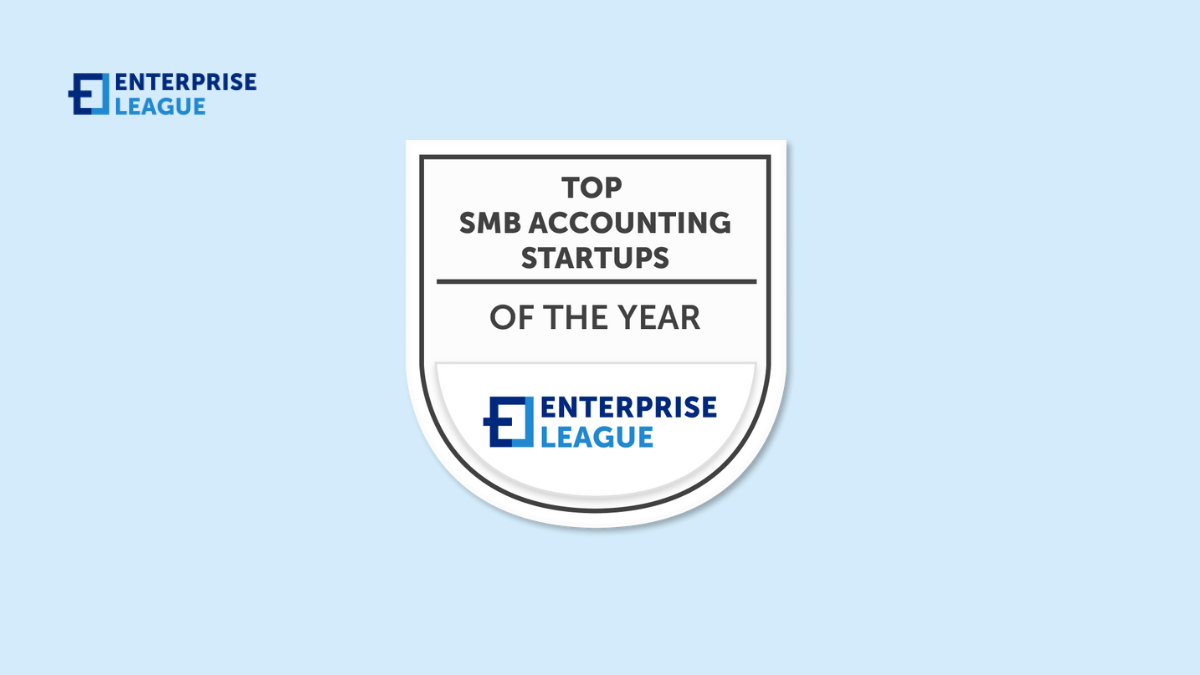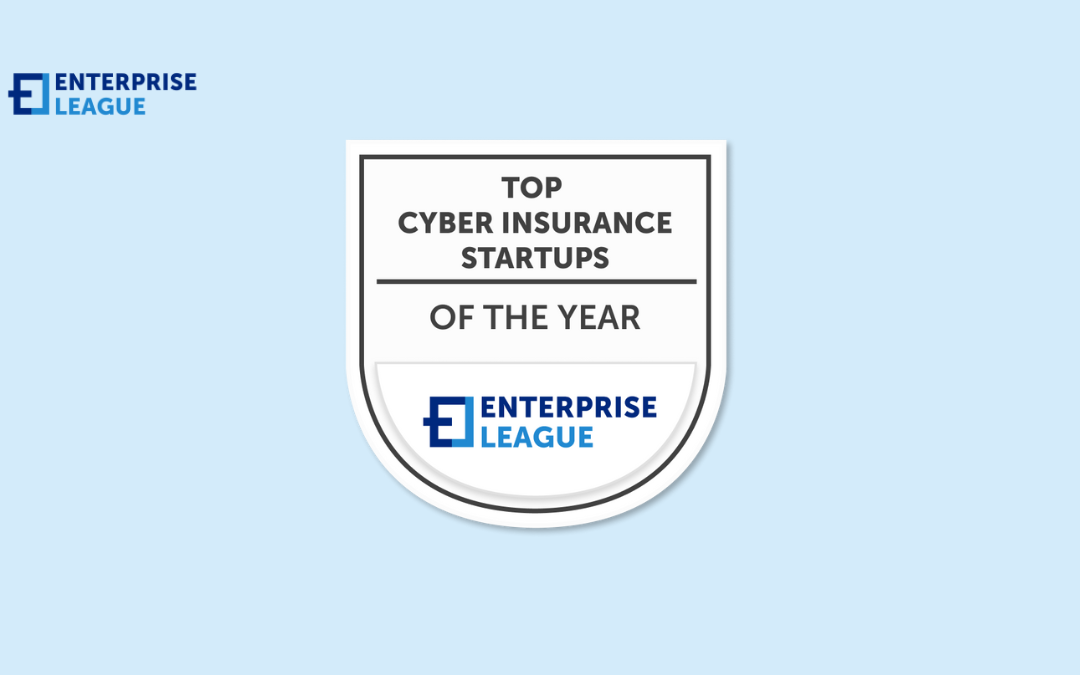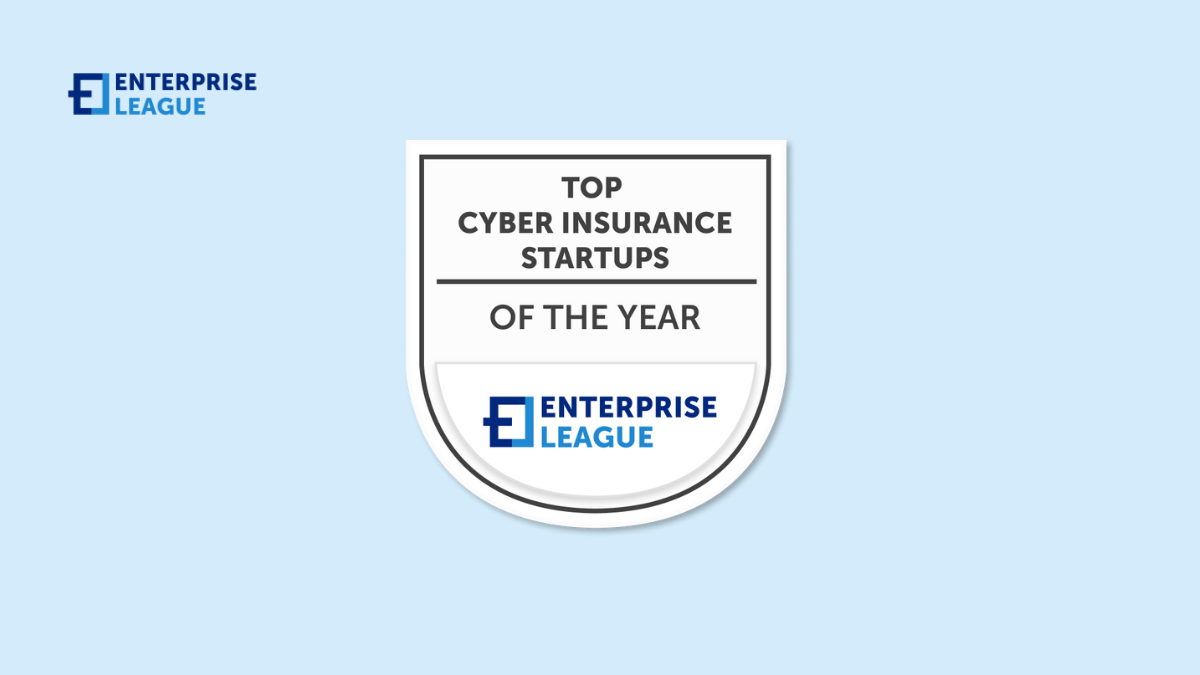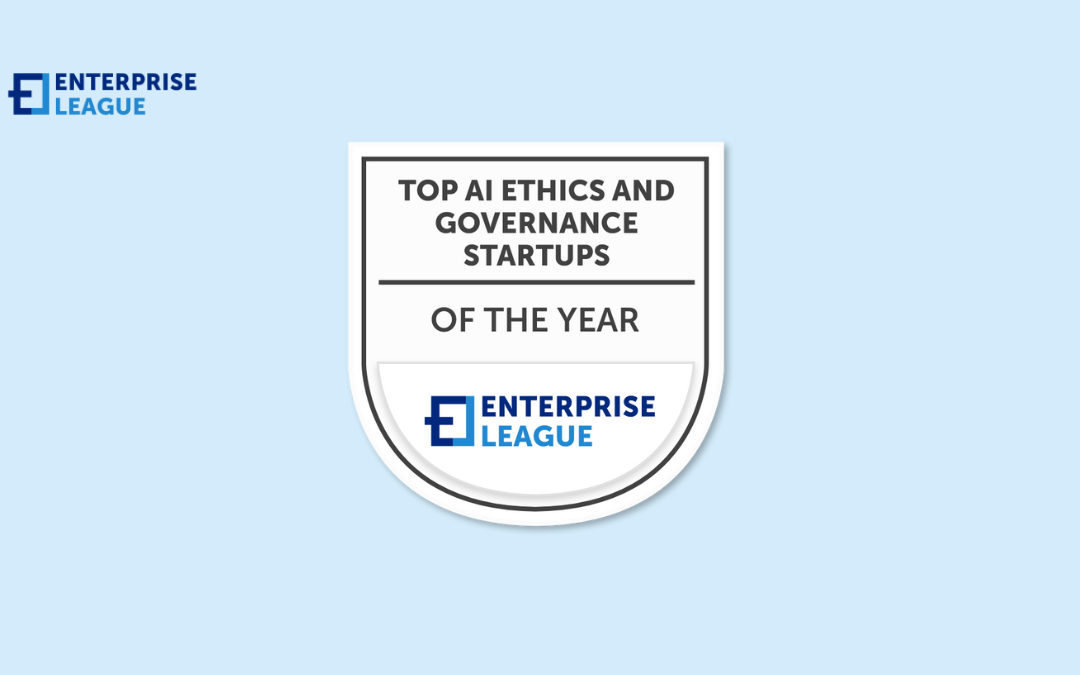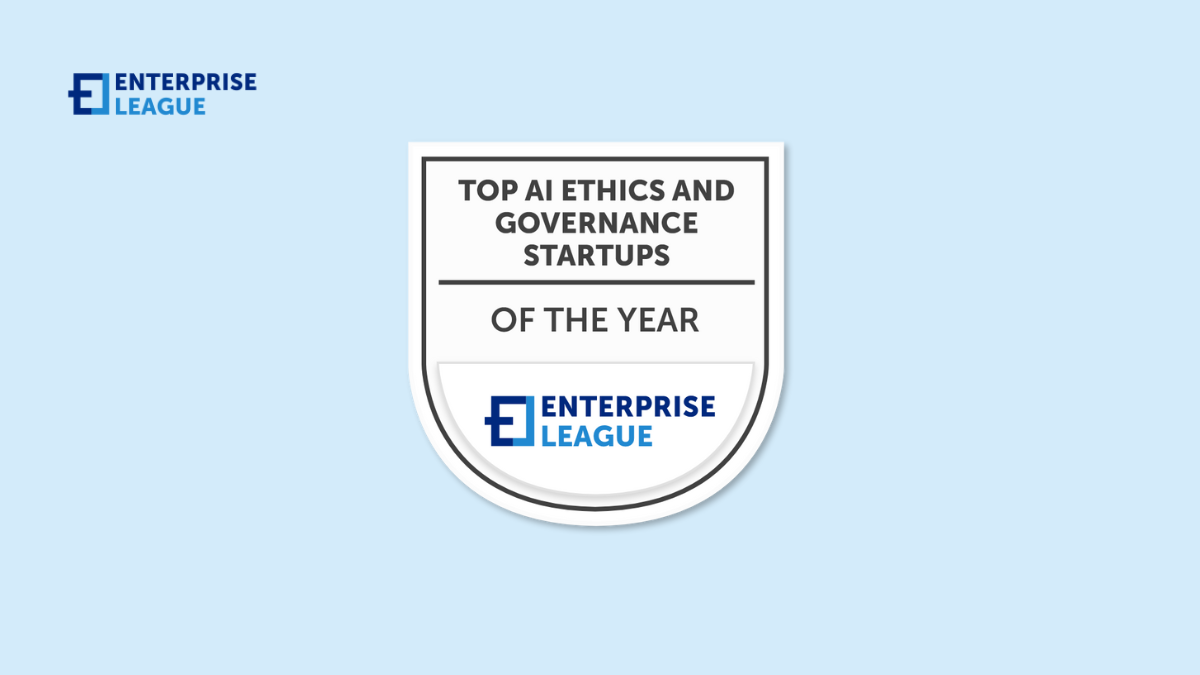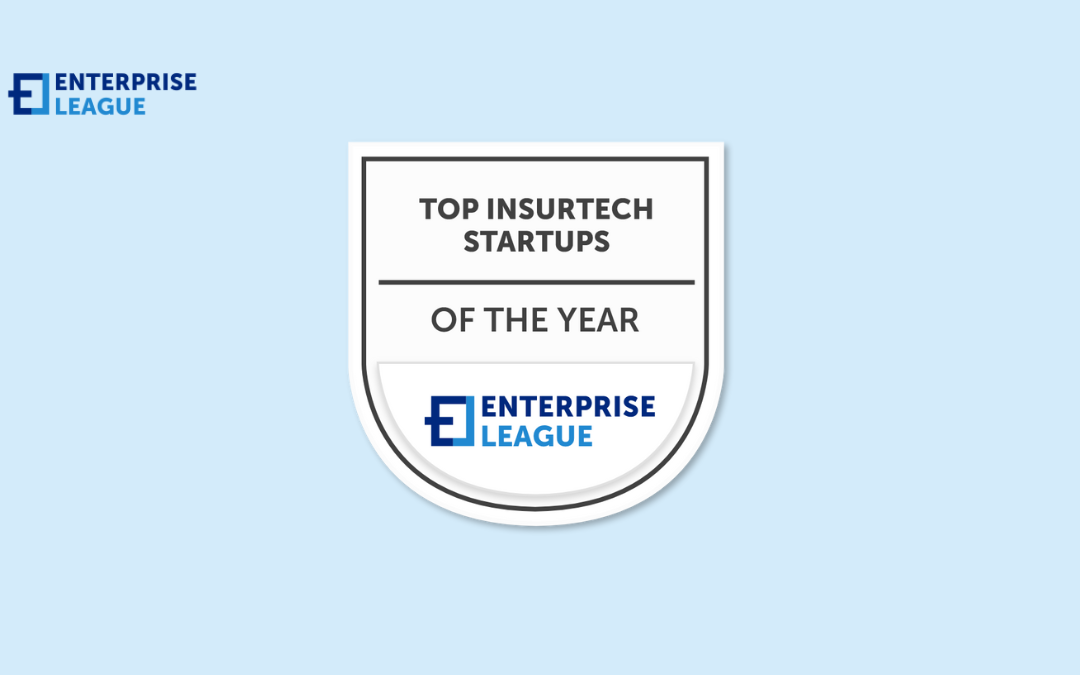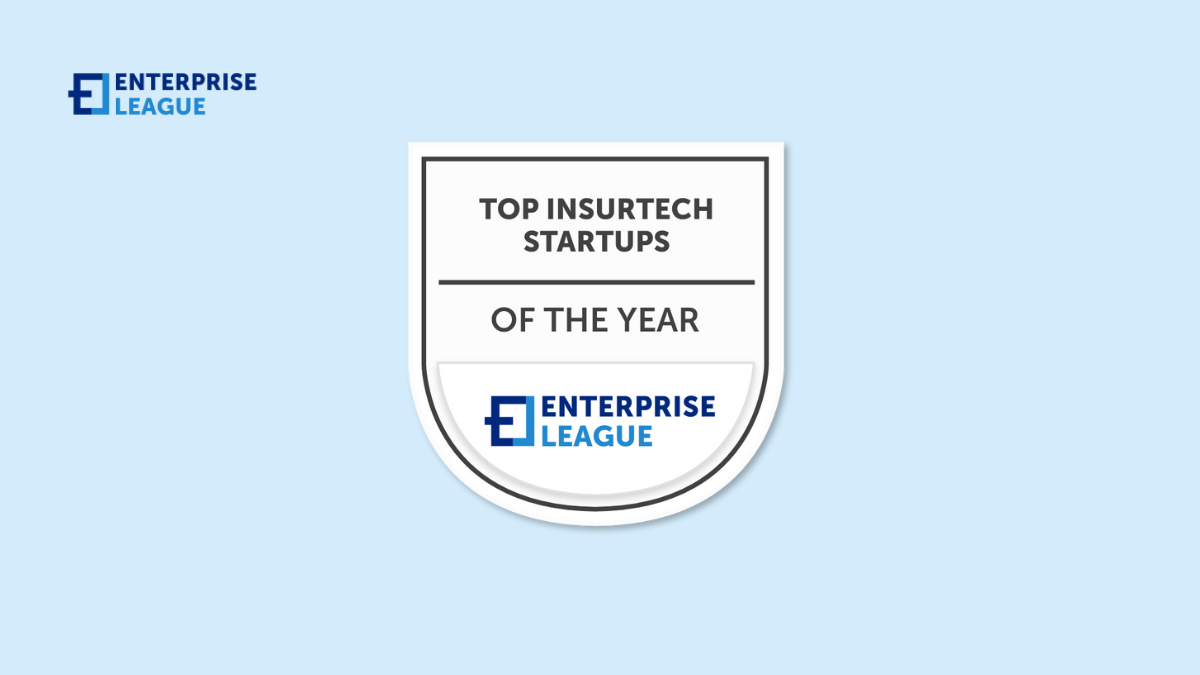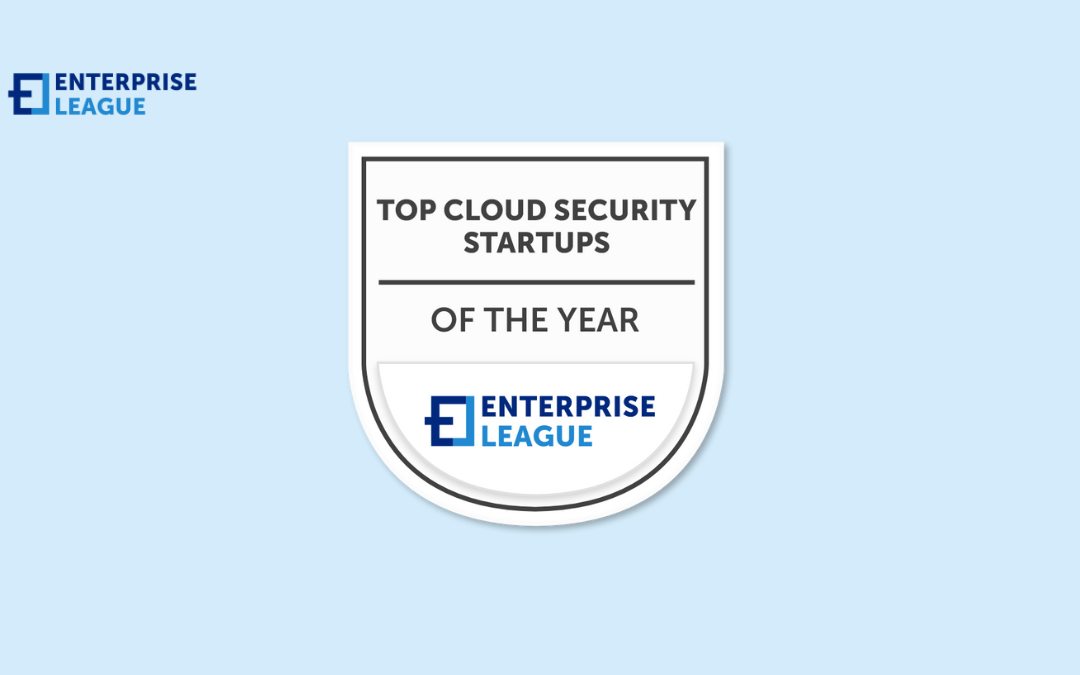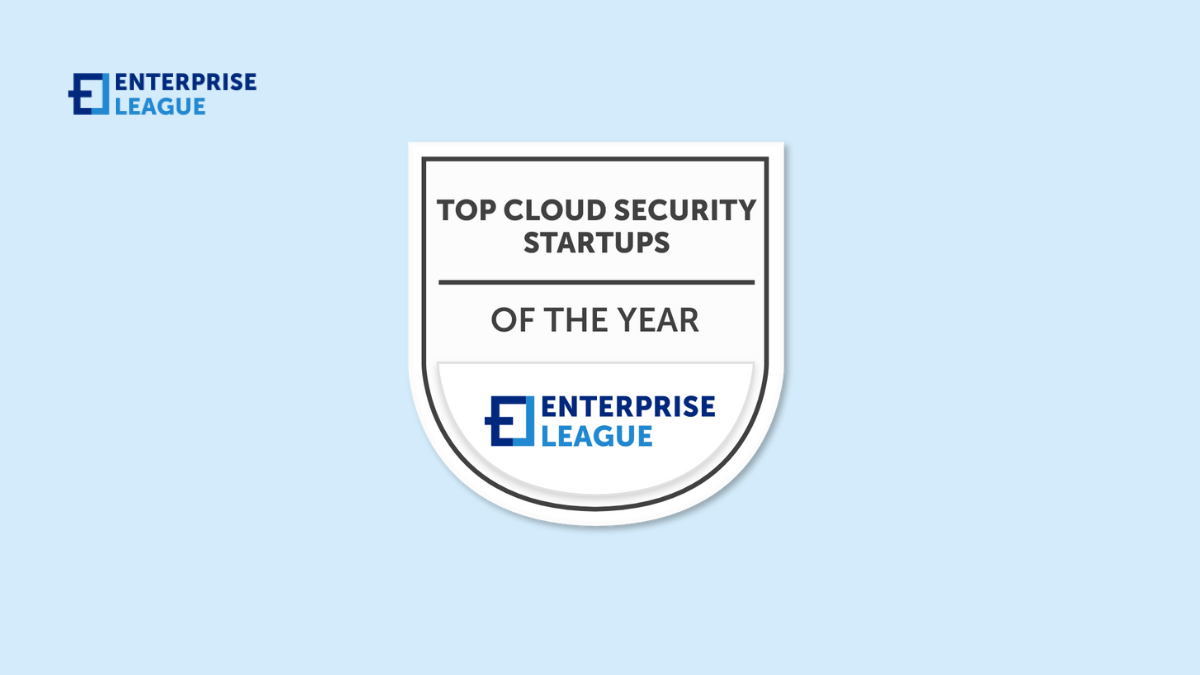Starting a business can be quite the challenge especially if you’re all new to entrepreneurship. These business tips for beginners will help you set off on the right foot.
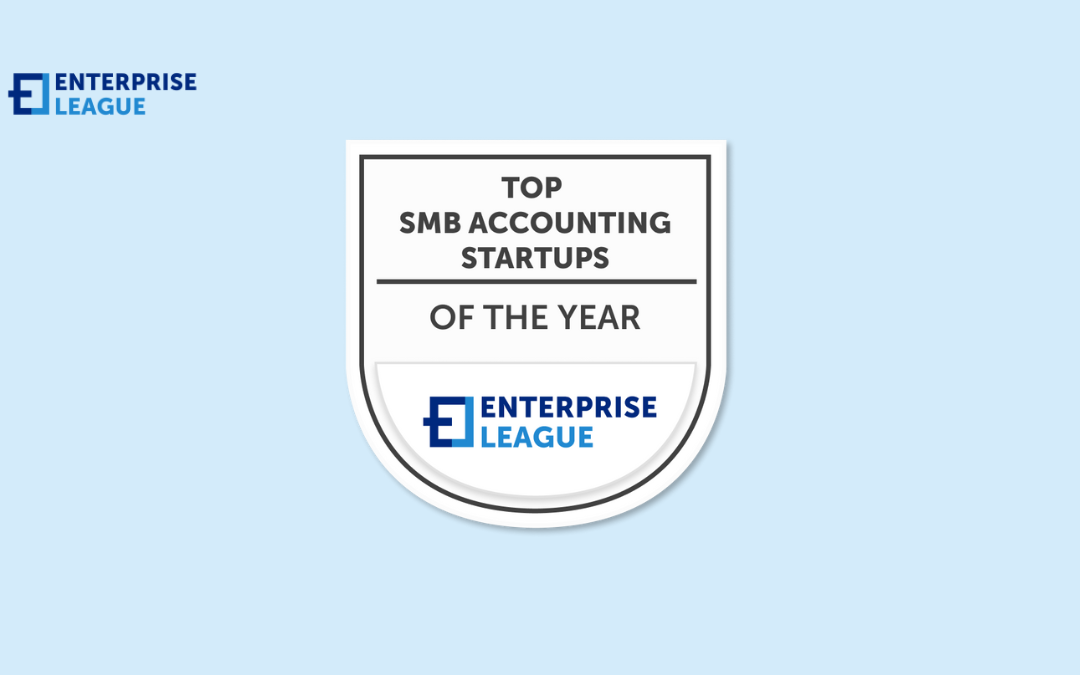
15 SMB accounting startups that make bookkeeping bearable
Small business accounting has been a headache for a long time when it comes to entrepreneurs who are focused on growing their companies. Most business owners didn’t start their businesses to spend hours wrestling with spreadsheets, chasing receipts, or trying to make sense of tax codes. This issue created an opportunity for accounting business ideas targeting small and medium businesses.
Unlike the clunky, complicated software of the past, present SMB accounting startups are building simpler, smarter tools that actually match how small businesses operate. With a market size predicted to reach USD 12.3 billion by 2030, we expect nothing but a bright future and a lot of resolved headaches.
What are SMB accounting startups?
SMB accounting startups are technology companies that develop and provide financial management software specifically designed for small and medium-sized businesses (SMBs). These startups create digital tools that help small business owners handle accounting tasks like expense tracking, invoicing, payroll, tax preparation, financial reporting, and bookkeeping.
Unlike traditional enterprise accounting software that’s often complex and expensive, SMB accounting startups focus on creating more affordable, user-friendly solutions that match the limited resources and simpler needs of smaller companies. They typically offer cloud-based services that can be accessed anywhere, mobile apps for on-the-go management, and automated features that reduce manual data entry.
Top SMB accounting startups
Complete list of the most SMB accounting startups that are worth knowing:
Pluto Card
Founded in 2021, Pluto Card brings modern financial technology to Middle Eastern and North African companies that previously relied on outdated expense management methods. Their platform combines physical and virtual corporate cards with software that automates expense tracking, approvals, and reporting in one unified system.
Pluto’s spend management tools give finance teams real-time visibility into company expenditures. Managers can set customized spending limits for different employees and departments, require pre-approvals for certain purchases, and instantly freeze cards if needed. The system automatically categorizes transactions and captures digital receipts, eliminating manual expense reports and reconciliation headaches.
Xero
Founded in 2006, Xero has grown into a global accounting platform used by millions of small businesses and their financial advisors. Their cloud-based software transforms traditional bookkeeping tasks into simple, automated processes that save time and reduce errors. Business owners can connect their bank accounts to automatically import and categorize transactions, eliminating manual data entry.
The Xero platform includes invoicing tools that let businesses create professional-looking bills and accept credit card payments directly. Its dashboard provides real-time visibility into cash flow with clear visualizations of money coming in and going out. Xero also simplifies tax time by organizing financial information and generating reports needed for filing returns accurately.
Try Quanto
Founded in 2021, Quanto was created by former accountants who understood the frustrations of tax season firsthand. Their platform uses AI to scan client documents, extract key financial information, and populate tax forms automatically. This drastically reduces the manual data entry that typically consumes hours of accountants’ time during busy periods.
Quanto’s workflow management system tracks the progress of each client’s tax return, alerting team members when action is needed. The platform includes client communication tools that automatically request missing documents and provide status updates. Smart validation checks help identify potential errors or audit triggers before filing, improving accuracy rates.
LedgerBox
Founded in 2022, LedgerBox was developed to solve the tedious problem of manual data entry that plagues small business owners and accounting teams. Their technology combines optical character recognition with machine learning to automatically identify and extract key information from financial documents. The system recognizes transaction dates, amounts, vendors, and account numbers, even from inconsistently formatted documents.
The LedgerBox platform allows users to simply drag and drop their financial PDFs into the system. Within minutes, the data is processed and converted into organized spreadsheets ready for analysis or import into accounting software. The AI engine learns from corrections, becoming more accurate over time at categorizing expenses and identifying recurring transactions.
Fractional Tax
Founded in 2018, Fractional Tax Incorporated was created when its founders noticed that many growing businesses fall into a gap – too complex for basic tax software but not large enough to justify hiring dedicated tax departments. Their service pairs businesses with experienced tax professionals who work on a flexible, as-needed basis throughout the year.
The Fractional Tax model combines technology and human expertise. Their online platform tracks tax deadlines, stores documents securely, and facilitates communication between clients and tax advisors. Clients receive proactive guidance on tax planning opportunities while ensuring compliance with federal, state, and local requirements without the overhead of full-time staff.
Bloc Solutions
Founded in 2020, Bloc Solutions was created to address the unique challenges faced by individual landlords who manage their own rental properties without the resources of large property management companies. Their all-in-one platform combines legal document automation, financial tracking, and tenant relationship management in an easy-to-navigate interface that requires no technical expertise.
The system generates province-specific lease agreements, notices, and other required legal documents that comply with current rental laws. This helps landlords avoid costly legal mistakes. Bloc’s payment tracking features monitor incoming rent, automatically flag late payments, and generate financial reports needed for tax filing. The platform also sends automated reminders when tenant insurance is expiring or renewals are approaching.
Equility
Founded in 2022, Equility was created to address the growing challenge of financial verification in an increasingly digital business world. Their platform connects directly to a company’s financial data sources through secure API connections, eliminating the need for manual uploads or data entry. This automated approach allows for continuous verification rather than traditional point-in-time audits.
The Equility system compares data across multiple sources to identify discrepancies and potential errors in financial reporting. Their algorithms flag unusual transactions and reconciliation issues that might indicate mistakes or fraud. By creating this independent verification layer, Equility helps businesses ensure their financial statements accurately reflect their true financial position.
WeOS Cloud
Founded in 2021, WeOS.Cloud was created by former small business owners who understood the struggles of managing company finances alongside daily operations. Their software combines accounting, cash flow forecasting, and financial planning into one intuitive dashboard that requires no specialized knowledge. Users can see their complete financial picture without jumping between multiple systems.
The WeOS platform automatically categorizes transactions, tracks expenses, and generates real-time reports that translate accounting jargon into plain language. Their cash flow prediction tools help owners anticipate tight periods and plan accordingly. The system also offers guided workflows for common financial tasks like invoice management and tax preparation to reduce errors.
Roni AI
Founded in 2021, Roni AI reimagines enterprise resource planning by deploying multiple specialized AI agents that work together across different business functions. Rather than having disconnected systems for accounting, inventory, HR, and sales, Roni’s agents communicate with each other to create a truly integrated experience. This approach eliminates data silos that plague traditional ERP implementations.
Each AI agent in the Roni system specializes in specific business areas, from processing invoices to forecasting inventory needs or analyzing sales patterns. The platform learns from a company’s existing data and adapts to its unique workflows. As business requirements change, Roni AI can be configured without the expensive customization projects typically associated with ERP systems.
Olao Books
Founded in 2022, Olao Books was created by former accountants who understood the tedious nature of manual bookkeeping tasks. Their platform uses optical character recognition and machine learning to automatically extract information from receipts, bills, and invoices when they’re uploaded or forwarded by email. This eliminates hours of data entry that small businesses typically spend each month.
The Olao system intelligently categorizes transactions based on vendor patterns and transaction details, learning from corrections to improve accuracy over time. For business owners managing employee expenses, the platform simplifies the reimbursement workflow with mobile receipt capture and approval notifications. The software also performs automated checks against tax regulations to flag potential compliance issues before they become problems.
EzBizPortal
Founded in 2019, EzBizPortal was developed by industry veterans who recognized the inefficiencies in traditional equipment service management. Their software uses GPS and availability tracking to automatically match repair requests with the closest qualified technicians, reducing downtime and travel expenses. When equipment breaks down, the system can immediately locate and dispatch the right specialist with the necessary skills and parts.
The platform manages the entire service workflow from initial request through completion and payment. Work orders are generated digitally with equipment history and service requirements. Technicians use the mobile app to document repairs, capture customer signatures, and process payments on-site. For equipment rental companies, the system tracks availability, schedules preventive maintenance, and manages the logistics of deliveries and pickups.
Cogentax Services Kft
Founded in 2020, Cogentax Services Kft. provides brand new, digital accounting services for small and medium businesses with their innovative 1st Taxpayer Profile. Their cloud-based solution is integrated with government authentication services and data sources to streamline tax compliance.
The Cogentax system stands out by maintaining real-time connections to tax authority databases, allowing it to validate submissions before they’re filed officially. Their dashboard gives business owners clear visibility into their tax position, upcoming obligations, and potential deductions or credits. Monthly reports highlight areas where businesses might optimize their tax strategy based on actual transaction patterns.
Intuit
Founded in 1983, Intuit has grown from a small startup to one of the most influential financial software companies in the world. Their flagship products have become household names – TurboTax guides millions through tax filing each year, QuickBooks helps small businesses manage finances, and Mint helps individuals track personal spending and budgets. Each platform uses artificial intelligence to automate repetitive tasks and provide personalized insights.
Intuit’s professional tax preparation tools like Lacerte and ProSeries, have become industry standards for accounting firms. These specialized solutions handle complex tax situations while integrating with QuickBooks data to streamline the year-end process. Their cloud-based platforms automatically update when tax laws change, ensuring that accountants always work with current regulations.
Clear
Founded in 2011, Clear provides technology-enabled accounting and finance solutions for small and medium businesses. It offers behavior-based loans for working capital and invoices. It also provides software for e-Invoicing, invoice ingestion, and invoice validation. It also provides tools for syncing accounts payable and indirect tax workflows.
What makes Clear unique is how they combine financial software with lending capabilities. By analyzing a company’s transaction patterns, payment history, and cash flow, Clear offers tailored working capital loans with faster approval than traditional banks. Their e-invoicing system complies with government regulations while streamlining the accounts receivable process through automated follow-ups and payment tracking.
Wave
Founded in 2010, Wave provides web-based accounting software for businesses. It features solutions for accounting to track income and expenses, invoicing to create and send invoices to customers with multiple templates, receipt scanning, mobile invoicing, recurring billing, and more. The mobile application is available on both iOS platform and the APK version.
The Wave system simplifies bookkeeping with bank connections that automatically import and categorize transactions. Their invoicing tool allows businesses to create professional-looking invoices with customizable templates and set up automatic payment reminders to improve cash flow. The receipt-scanning feature turns paper receipts into digital records using optical character recognition, eliminating the need to manually enter expenses.
Conclusion
While the accounting software industry might seem crowded, remember that small businesses come in countless shapes and sizes, each with unique needs. There’s still room for solutions that speak to specific industries, growth stages, or pain points that current options miss. Starting your own accounting business isn’t easy, but after all, the best business solutions often come from those who’ve felt the pain themselves and are determined to create something better.
Discover more creative startups that might interest you:
- Innovative logistics startups forever changing delivery services.
- Top media startups that are changing the way the media works in the online world.
- Must-know NFT startups that are on the forefront of this new industry.
- Ground-breaking space startups redefining our limits of space exploration.
Related Articles
10 business tips for beginners to help you build a healthy brand
SEO writing: Five foolproof tips to secure you the first page
When it comes to SEO writing it’s more guessing and less evidence about what works and what doesn’t. Luckily, we know what can really help you reach the first page.
How to onboard a new employee: Tips for quick integration
Your guide to smoother employee onboarding where you will find practical strategies that help new hires feel welcome and become productive team members faster.
10 business tips for beginners to help you build a healthy brand
Starting a business can be quite the challenge especially if you’re all new to entrepreneurship. These business tips for beginners will help you set off on the right foot.
SEO writing: Five foolproof tips to secure you the first page
When it comes to SEO writing it’s more guessing and less evidence about what works and what doesn’t. Luckily, we know what can really help you reach the first page.

